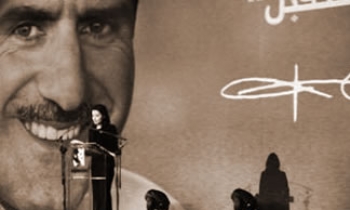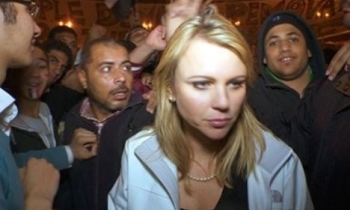As leading journalist Moussa Kaka is about to begin his second month in detention, Reporters Without Borders today appealed to President Mamadou Tandja for a conciliatory gesture after the imprisonment of two journalists.
“The pressure will not let up as long as he continues to display this level of intransigence, so President Tandja should listen to those who have been saying for the past month that he has taken the wrong road,” the Reporters Without Borders said. “The arrests of Kaka and then Ibrahim Manzo Diallo, have hardened the resolve of press and public and have weakened Niger’s democracy even more. Tandja should treat journalists as partners instead of enemies when the country is experiencing a crisis.”
The manager of Radio Saraouniya and correspondent of Radio France Internationale (RFI) and Reporters Without Borders, Kaka was arrested on 20 September and charged with “complicity in a conspiracy against the authority of the state.” The authorities say they tapped his phone but they have not produced any credible investigation or explained the legal grounds for placing him under surveillance.
They claim that he was in cahoots with the Tuareg rebels of the Niger People’s Movement for Justice (MNJ), which has staged frequent armed clashes with government troops in the north of the country since February. Kaka interviewed one of the MNJ’s leaders several times for RFI. His trial might not held for several months. If found guilty, he could be sentenced to life imprisonment.
Diallo is the managing editor of Aïr Info, a privately-owned bi-monthly published in the northern city of Agadez. He was arrested on 9 October at Niamey airport as he prepared to board a plane for France. After being interrogated all night, he was taken the next day back to Agadez, where a state of emergency is in force.
He has been questioned about his links with the MNJ and has been accused inter alia of letting the rebels pay for his air fare, when in fact his entire trip to France was to be paid for by the government of the French department of Côtes d’Armor under a decentralised aid accord.









